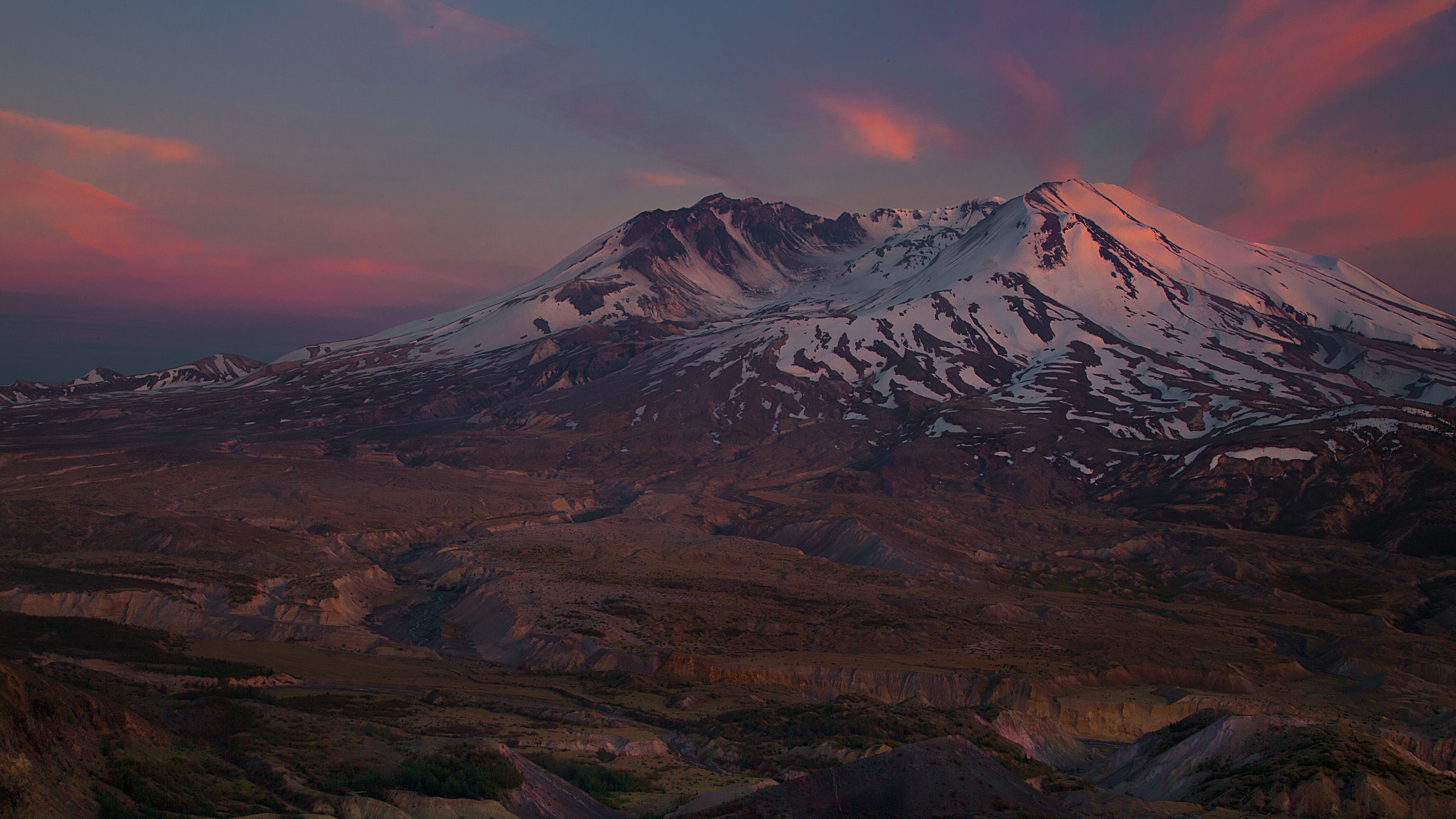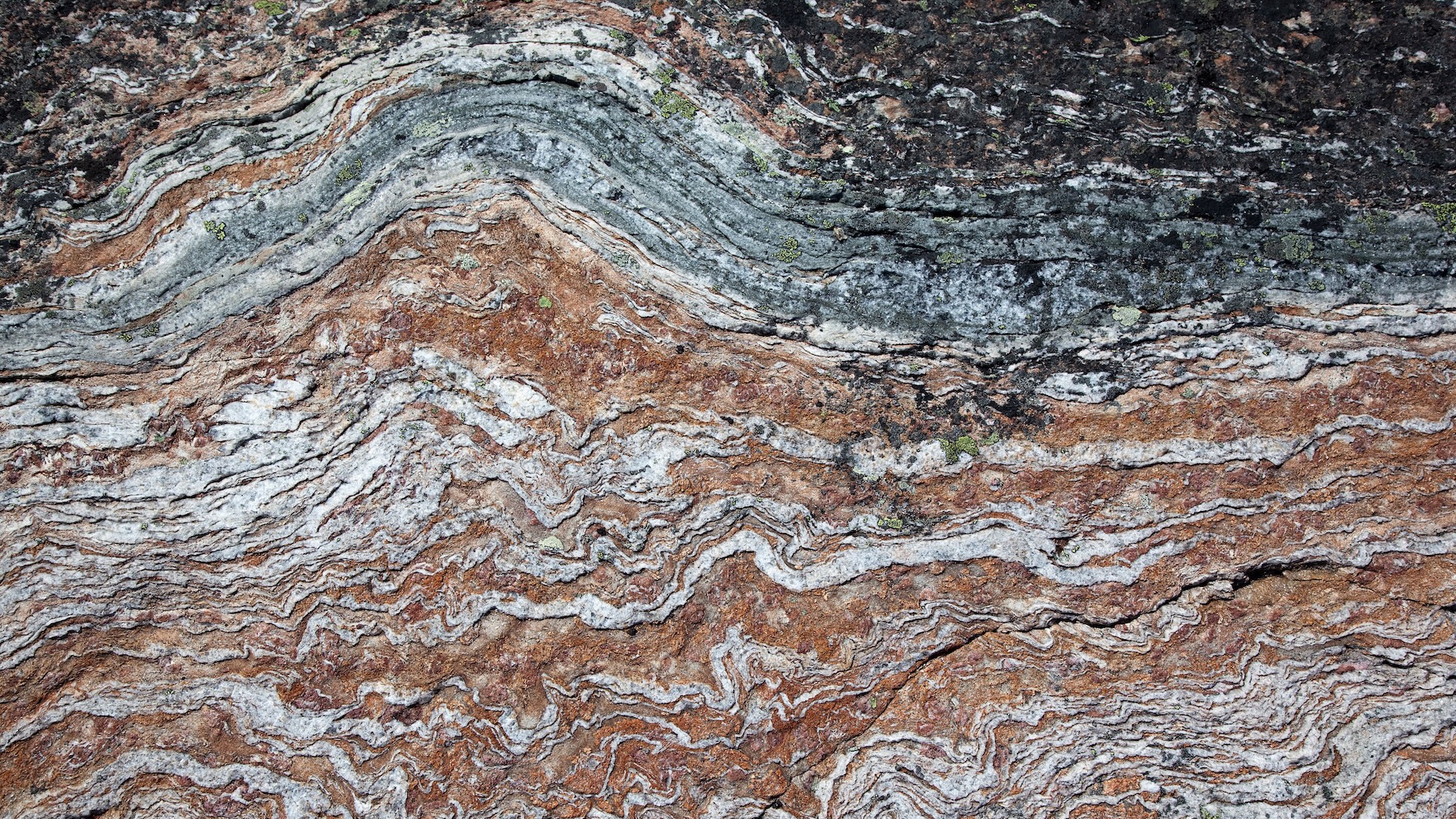US volcano quiz: How many can you name in 10 minutes?
How many of the 160 named volcanoes in the U.S. and territories do you know? If you live in Alaska you have a big advantage.

The United States has the third-highest number of active volcanoes in the world, after Indonesia and Japan. It's home to the largest active volcano on Earth, as well as a supervolcano that could blanket the Midwest in ash.
The high number of volcanoes is down to the U.S.'s geology, with many sitting along the Pacific Rim in the "Ring of Fire" — a 25,000 mile (40,000 kilometers) chain of volcanic and seismically active sites where the Pacific plate and other tectonic plates meet. The vast majority are located in the Aleutian Islands, the Alaska Peninsula, the Hawaiian Islands and the Cascade Range of the Pacific Northwest.
There are 160 named volcanoes in the United States and its territories that potentially pose a threat, according to a 2018 assessment by the U.S. Geological Survey. These include 18 considered to be a "very high threat," 39 "high threat," 49 of "moderate threat," along with 34 "low threat" and 21 "very low threat."
How many can you name in 10 minutes?
Beside each volcano name is the state that it's located. Please note you do not need to write "volcano," "volcanic field," "crater," "seamount" or "caldera" after the name. If you need a hint, just tap the yellow button in the top left corner.
Data was taken from the 2018 Update to the U.S. Geological Survey National Volcanic Threat Assessment.
More science quizzes
—Evolution quiz: Can you naturally select the correct answers?
—Periodic table of elements quiz: How many elements can you name in 10 minutes?
—Charles Darwin quiz: Test your knowledge on the 'father of evolution'
—Crocodile quiz: Test your knowledge on the prehistoric predators
Get the world’s most fascinating discoveries delivered straight to your inbox.

Hannah Osborne is the planet Earth and animals editor at Live Science. Prior to Live Science, she worked for several years at Newsweek as the science editor. Before this she was science editor at International Business Times U.K. Hannah holds a master's in journalism from Goldsmith's, University of London.
